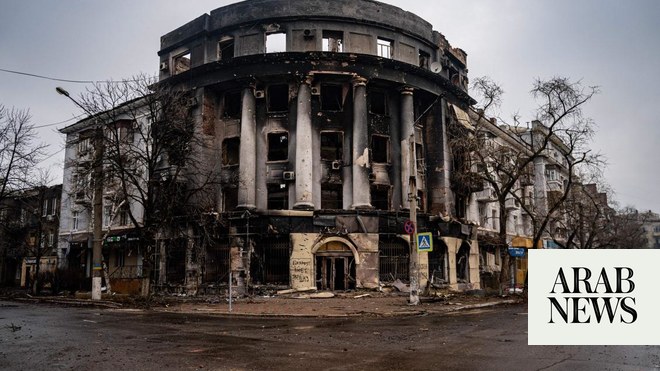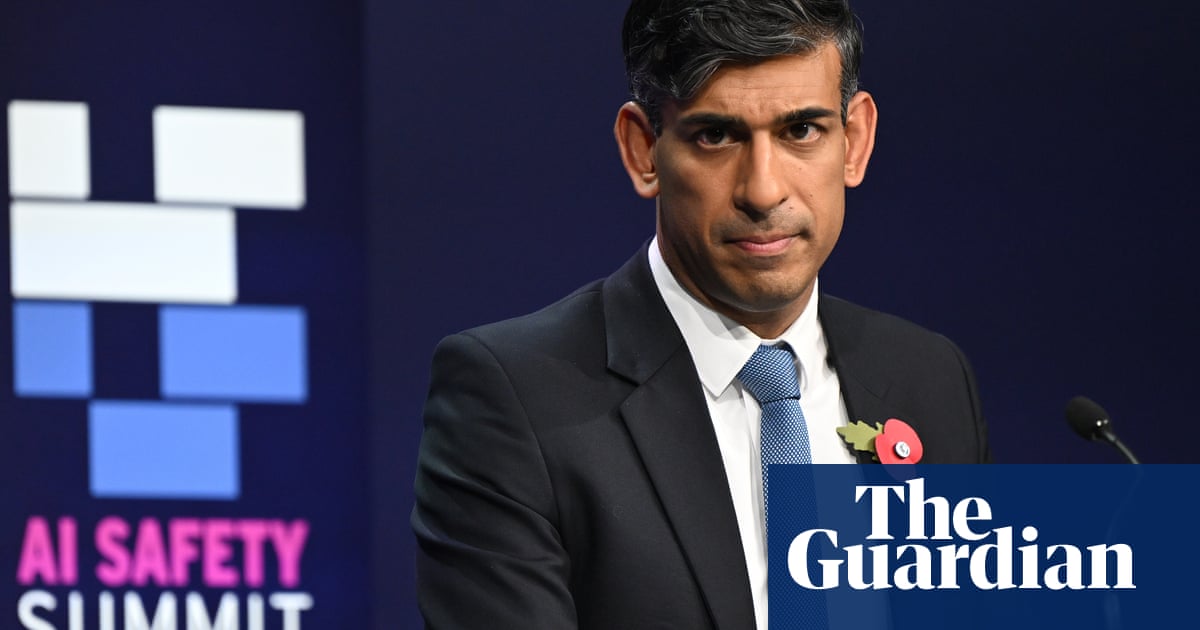
The winter of 2020, during the peak of the pandemic, was a terrible time for Europe, which faced its worst health emergency in decades. Yet, the end of 2022 could be an even more troubled period, with the prospect of an energy emergency and a possible resurgence in the coronavirus crisis.
With the Continent preparing for what may be its most difficult autumn and winter since the Second World War, the EU-27 on Tuesday agreed on a proposal for a major reduction in gas consumption. This could have significant implications for European businesses and households from next month till March.
This challenging energy picture is affecting Europe’s economic outlook, with the International Monetary Fund’s latest forecast released on Tuesday downgrading the growth of the EU bloc in 2022 to 2.6 percent (from 5.4 percent in 2021). Just 1.2 percent growth is projected for 2023, with the risks all weighted heavily to the downside, according to the fund.
Under the approved text of the agreement, the bloc agreed to roughly an aggregate 15 percent reduction in gas consumption. However, behind this headline measure, there has been significant lobbying by EU states to secure exemptions from the cuts, and there are at least three different types of “opt-outs.”
First, there are exemptions from the mandatory target for non-mainland countries, such as Ireland, Cyprus and Malta, which are not connected to the EU gas grid.
Second, there are exemptions to cover EU countries whose electricity grids are synchronized with countries outside the EU, such as the Baltic states, which are connected to Russia’s grids and may need to fuel their electricity production with gas should Moscow cut them off.
The European Commission can propose the highest level of gas alert, which triggers the mandatory/compulsory targets, and the 27 EU countries then have to vote to approve it.
Andrew Hammond
Third, several other opt-outs are available to EU countries, including if they have overshot their gas storage filling targets, if they are heavily dependent on gas as a feedstock for critical industries, or if their gas consumption has increased by at least 8 percent in the past year compared with the average of the past five years, such as some southern European nations.
European Commission officials have warned that the negotiated opt-outs mean the bloc could fall short of its 15 percent target. Depending on the exemptions ultimately used, the overall reduction will be between 38 billion and 43 billion cubic meters, according to internal commission estimates, just short of the 45 billion cubic meters sought.
Moreover, Tuesday’s measure allows, in emergency circumstances, for the voluntary cuts to be made into compulsory ones. The European Commission can propose the highest level of gas alert, which triggers the mandatory/compulsory targets, and the 27 EU countries then have to vote to approve it. Alternatively, at least five countries that have declared national alerts can request that the commission trigger the EU-wide alert.
Last week, the International Energy Agency gave a dramatic warning that even with gas storage filled to 90 percent, which is far from achieved, and a functioning Nord Stream pipeline in coming months, the EU will be exceptionally vulnerable to Russia’s state-owned energy multinational Gazprom potentially reducing or halting supplies this autumn and winter.
While the voluntary reduction may seem weak, there are some “sticks” the commission has to ensure the measures are met. The commission, assisted by the European Gas Coordination Group, will monitor and enforce the reductions closely, and will request additional measures if the submitted national plans are deemed insufficient.
The commission also will require that member states demonstrate that gas demand reduction measures have been implemented domestically before it agrees to requests for solidarity gas supply.
The decision in Brussels on Tuesday took place just a day after Gazprom announced a reduction in natural gas flows through the Nord Stream pipeline to 20 percent of capacity, citing equipment repairs. The EU has criticized the move as a political decision to put pressure on the West in the context of the war in Ukraine.
While the UK imports less than 5 percent of its gas from Russia, and will not be as badly hit as the EU-27 by supply disruption, it will still be affected by price rises on the global markets as demand in Europe increases. In light of Gazprom’s latest moves, European natural gas benchmark contracts rose on Tuesday to the highest levels since early March and may spike further in coming months.
Taken together, this explains why energy security has become a much more important policy goal in Europe. With the growing possibility of emergency measures being introduced, the next few weeks are critical for the Continent as it prepares for what could be a historic autumn and winter.
• Andrew Hammond is an Associate at LSE IDEAS at the London School of Economics.
Disclaimer: Views expressed by writers in this section are their own and do not necessarily reflect Arab News" point of view












